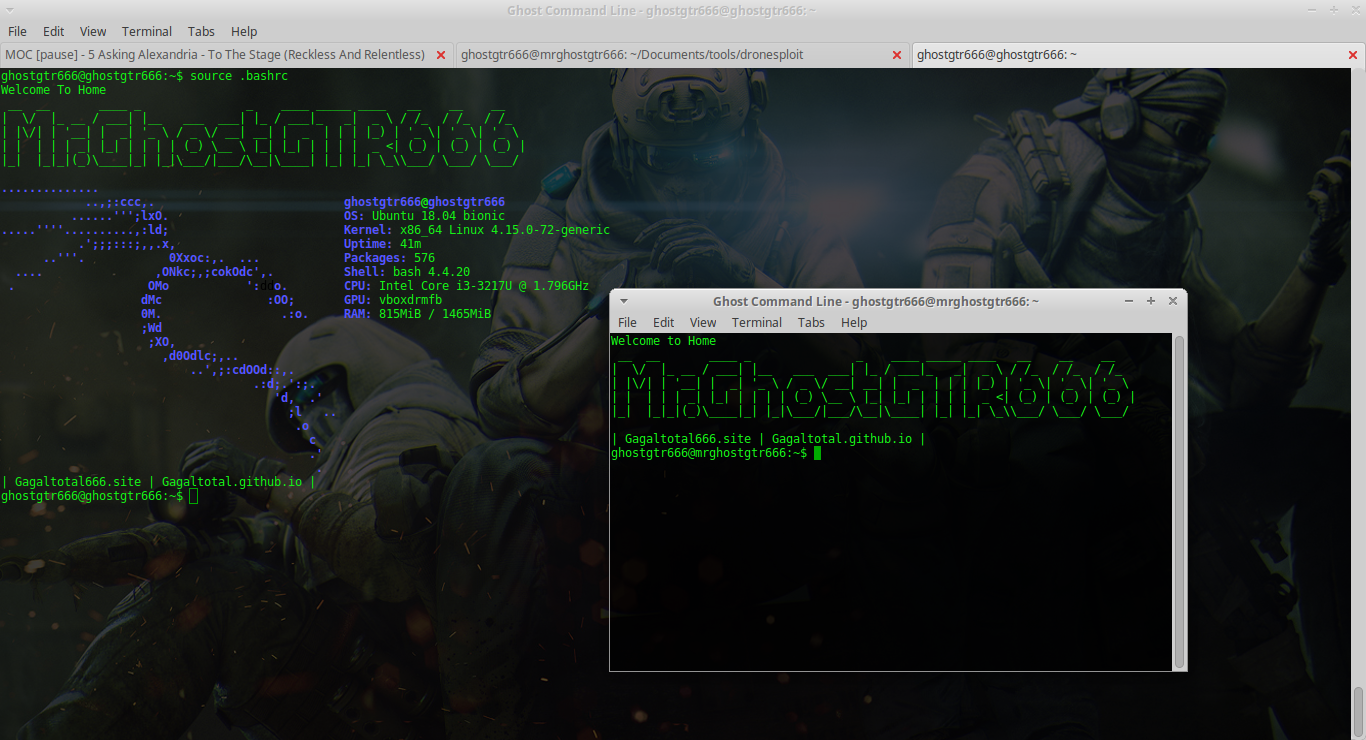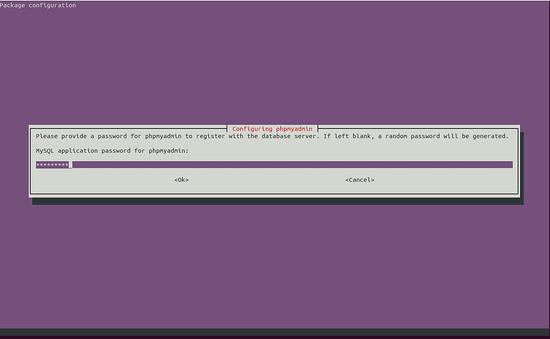

#Phpmyadmin ubuntu ppa archive#
Retrieving the Origin and Archive Names.Controlling which Packages are Upgraded.Configuring Unattended Upgrades on your Debian System.

Installing the unattended-upgrades Package.You may want to avoid using unattended-upgrades on critical services that you can’t afford to suffer downtime on.

While unlikely, there is still a chance a package with potential issues gets installed. That disadvantage is the small chance that it could cause unplanned downtime. Of course, there is one disadvantage to using unattended-upgrades on Debian/Ubuntu. Using something like unattended-upgrades helps reduce the potential attack vector of your system. One attack route that many hackers rely on is servers running out of date software that has active exploits. This feature is useful for devices that you don’t actively manage and need to ensure security vulnerabilities areroutinely patched. The most significant advantage of enabling this is that you can ensure security upgrades are periodically applied to your device. It does not store any personal data.Unattended upgrades are an incredibly handy feature that you can enable on Debian systems by installing a special package called unattended-upgrades. The cookie is set by the GDPR Cookie Consent plugin and is used to store whether or not user has consented to the use of cookies. The cookie is used to store the user consent for the cookies in the category "Performance". This cookie is set by GDPR Cookie Consent plugin. The cookie is used to store the user consent for the cookies in the category "Other.

The cookies is used to store the user consent for the cookies in the category "Necessary". The cookie is set by GDPR cookie consent to record the user consent for the cookies in the category "Functional". The cookie is used to store the user consent for the cookies in the category "Analytics". These cookies ensure basic functionalities and security features of the website, anonymously. Necessary cookies are absolutely essential for the website to function properly. Usually the new version of PHPMyAdmin available a few days after it was been officially released. Please note: The nijel/phpmyadmin repository (which is used here) provides the very latest version of PHPMyAdmin.
#Phpmyadmin ubuntu ppa install#
Install PHPMyAdmin (follow the guidelines) sudo apt-get install phpmyadminĬheck the installed version of PHPMyAdmin by opening PHPMyAdmin in the browser (version info is on the right side in the home screen): Voila! Check the available version, have a look on the “Candidate” line (you should see the latest version of the package): sudo apt-cache policy phpmyadminĤ. Update, regarless of what you did in step #1 (very important!): sudo apt-get updateģ. Sudo apt-get install python-software-propertiesĢ.
#Phpmyadmin ubuntu ppa update#
If you get an error message now, then please do an update first and install the python-software-properties, that need to be necessary to add a package repository: sudo apt-get update sudo add-apt-repository ppa:nijel/phpmyadmin Add this package-repository to your system. Install the latest version of PHPMyAdmin via:ġ. As the official installation packages of most linux distributions are usually totally out of date (but that’s pure intention, to provide extremely stable versions only) it might sense to install the latest version of certain package.


 0 kommentar(er)
0 kommentar(er)
